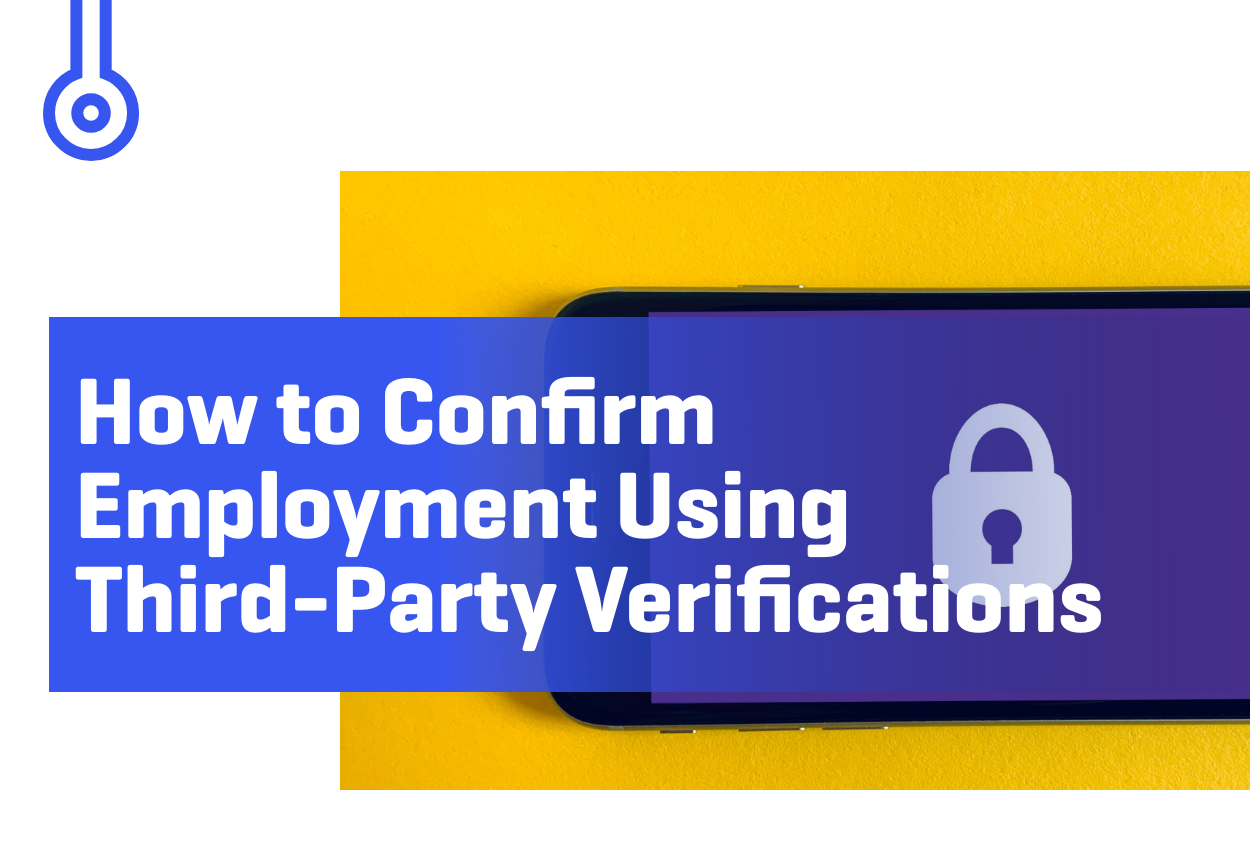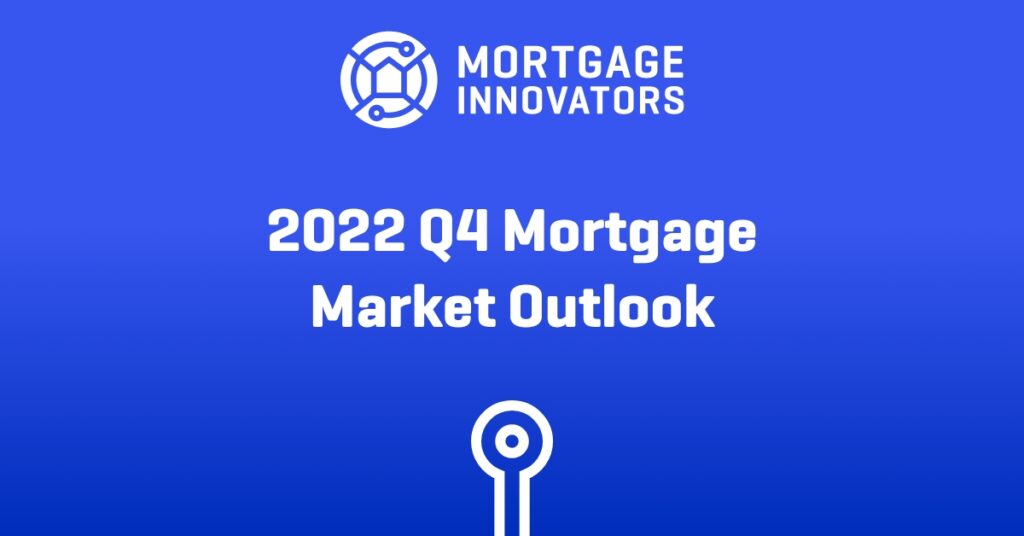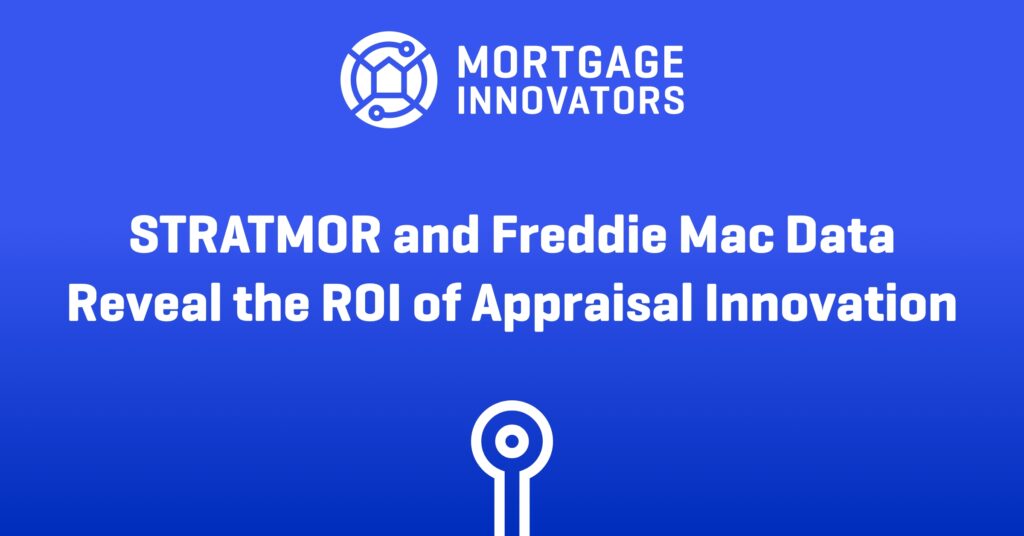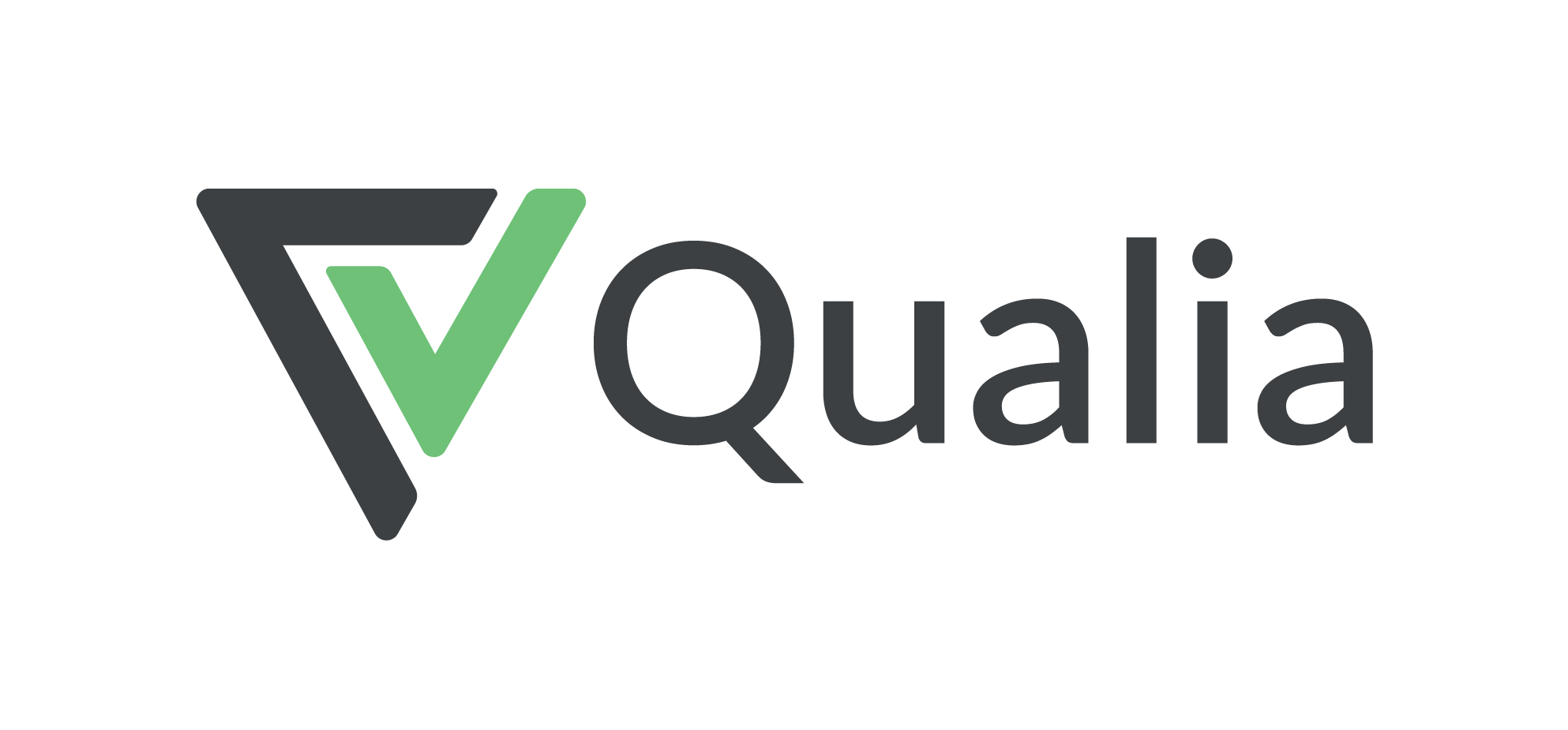Fraudulent Employment Data in Mortgage Loan Applications Cause Risks — for Industry, Lenders and Borrowers
Earlier this year, Fannie Mae issued a fraud alert warning mortgage lenders about nonexistent companies listed on loan applications. The original wave of fake employers was generally located throughout California. Fannie Mae attempted to re-validate the employer information supplied on suspect applications and other supporting documents, such as pay stubs. When researching the employer for employment verification, several of them are listed within yellowpages.com and have other online references. They even have legitimate phone numbers and automated call centers.
Heed These Red Flags
There are red flags that lenders should look for on pay stubs that raise questions about the transaction. Potential red flags include:
- Employment (occupation and/or position) does not “sensibly” coincide with borrower’s profile (experience)
- Purported employer does not exist
- Cannot ascertain employer’s purported location
- Pay stubs sometimes lack typical withholdings (health, medical, 401(k), etc.)
- Tax calculations are incorrect
Lenders can Respond with Data from Trusted Sources
Instead of relying on potentially fake documents, lenders can obtain both income and employment verifications from a third party provider. Lenders can verify employment and income information by leveraging GSE-approved verification solutions using The Work Number®database from Equifax.
The Work Number database is the leading commercial repository of employer contributed payroll data. It contains millions of payroll records contributed by more than 900,000 small, medium and large employer contributors. And, the data comes directly from employers, who update it each pay cycle.
Get more information on mortgage verification solutions from Equifax.










